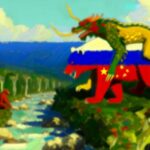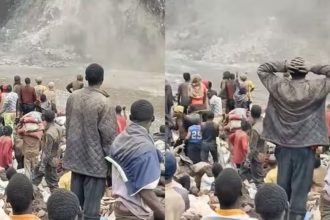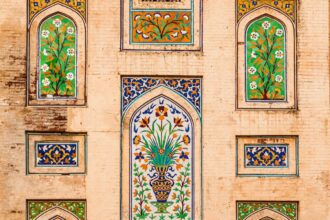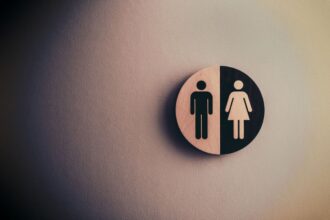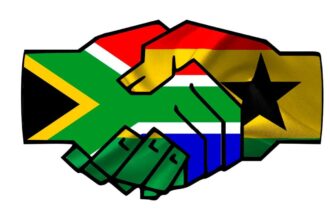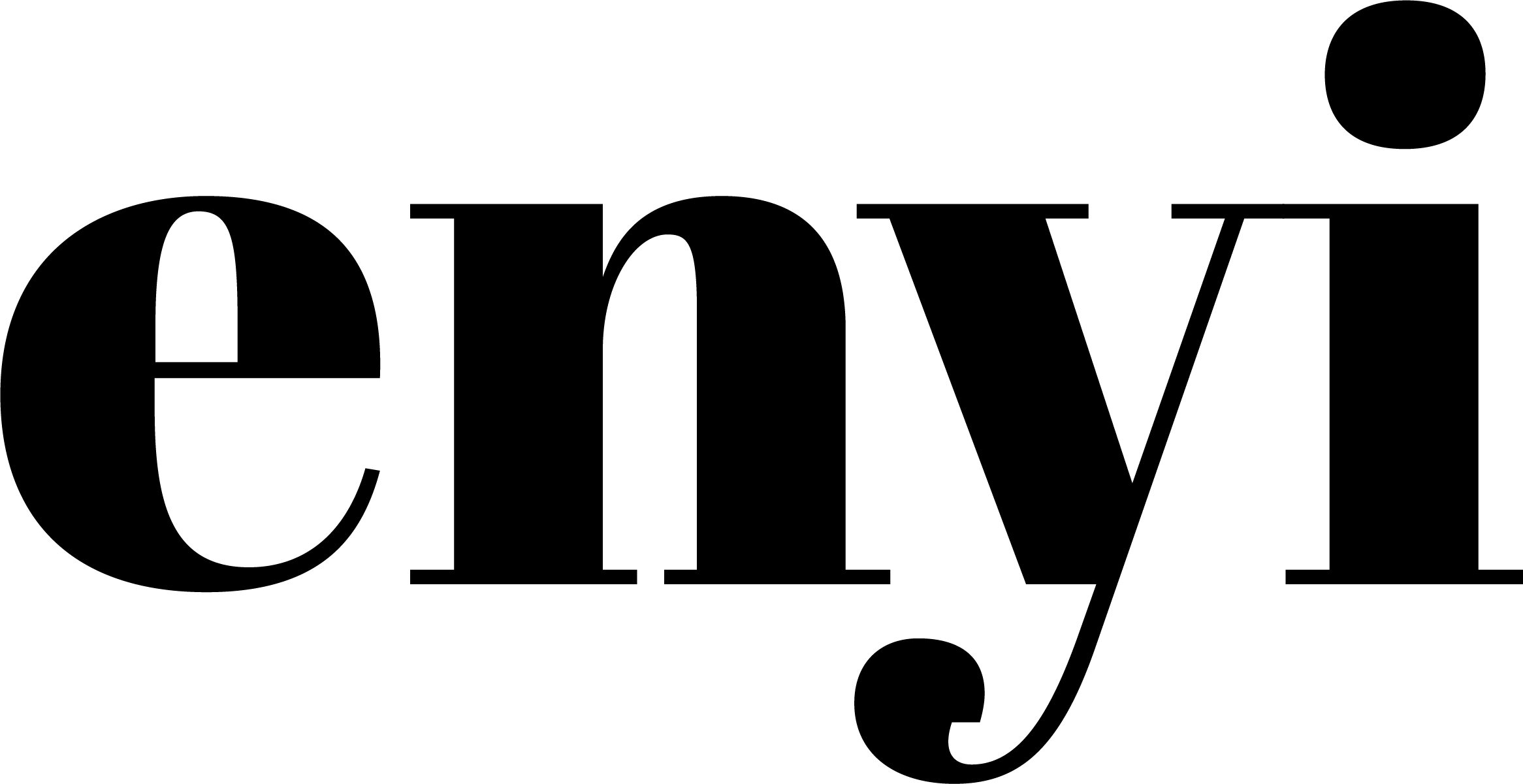Conventional art exhibitions create an unbridgeable gap between the conditions of production of an artifact on the one hand and its display in a “white cube” of a gallery or stained glass window, intellectualizing and fetishizing what is produced by other cultures, at the same time that the objects exhibited are silent witnesses of the colonial process. Certainly, this panorama has begun to change with postmodern art, new curatorial practices in emerging institutions (such as community museums), and indigenous artists who subvert traditional museum practices.
Rejecting the false dichotomy between art and craft, we want to go beyond the limits of Modernity, which bound our thinking through colonization. Now we are going to explore how indigenous “objects” – or at least some of them – are really not objects, but Subjects, entities with a significance that surpasses that of a simple commodity.
The modern dominion over things
Starting in the 15th century, the technical, scientific and philosophical thought of the European dominant classes launched like never before into the objectification of the world. Epistemologically, the world was divided between the rational Subject and the wild objects that wait to be apprehended. Here, “apprehended” has a double meaning: objects are not only learned as concepts, but captured as bodies, securing their passivity. With this mission, it was possible to “know” and master all existing entities with taxonomic precision. A byproduct of this enterprise was the vast specialized development of professional disciplines: psychiatry, physics, chemistry, anthropology, biology, art, education, and medicine, to name a few. No one outside the property owning class was saved from the dominance of knowledge-power: our African ancestors were reified as “movable property” serving as enslaved labor; Likewise, women and children in general were turned into properties awarded to the man-head of the family.
However, the development of modern knowledge was full of important contradictions [as Latour exposes in another context with his book We Have Never Been Modern]. We will not address them here in depth, but we can mention two fractures in this story. One is psychoanalysis, which constitutes a significant attempt by the Western subject of knowledge to objectify itself. Not through its body, since this had already been captured and medicalized , but in its mind [the Modern analogue of the soul]. In another discipline, quantum physics, whose gaze peers through the cracks of the predictable worldview of Newtonian physics, proves that a particle can be in two places at the same time. What was known and what was not so known, the interior of the psyche and the exterior of the physis, had marked the insecure borders of Western thought. However, for Modernity nothing can or should be left out: both limits are fully governed by the epistemological dictatorship of positivism.
At present, accelerated capitalist development has led us to a spiral of production-consumption of commodities and computer data that terrifyingly informs the possible extinction of a growing number of animal and plant species. We read on the United Nations news page that “One million species of animals and plants, of the eight million known, are threatened with extinction and could disappear in a few decades…” ( https://news.un.org/es/story/2019/05/1455461 ). Human communities are in the same danger; an exemplary indicator of culturicide is provided to us by the Ibero-American General Secretariat: of 516 languages originating in Latin America and the Caribbean, 214 are in a critical situation and at risk of disappearing ( https://www.segib.org/el-384-de -the-indigenous-languages-of-latin-america-and-the-caribbean-are-in-danger-of-disappearance/ ). The above has led to a state of international alarm. The institutions of Capital recognize, with audacious hypocrisy, the urgency of the ongoing crisis. Immense territories with enormous organic diversity are crushed daily, while islands of plastic garbage grow in the Pacific Ocean. It is the way in which capitalism has been inserted into society’s time [alienation of human, mechanical and animal labor] and space [destruction of large portions of land and water, gentrification , dominance of the air]. Let’s not be fooled by the declared emergency; Since 1492 many human and non-human groups have perished in this insane course. Despite so many screams and cries, we continue to see the apocalypse on the horizon. Will there be time and will to reverse what now seems inexorable?
Consumer objects in their own materiality are key elements of this process. The maquilas and superfactories in poor regions, allied with online stores in rich regions (eg, AliExpress , Amazon) form a network of life extraction without a nation or declared ideology. The costs of unbridled consumption go unnoticed by the immediate pleasure that the fetish of the thing gives. It is a pleasure that briefly compensates for the frustrations of life in the industrial or post-industrial city, as the case may be. Is it a coincidence that in this era there are true epidemics of depression, and at the same time there are billions of objects circulating whose early obsolescence is already programmed? As Marx said, everything solid vanishes into air, today in such a brutal way and with such planetary proportions that, although intuited by our old German thinker, it was impossible to imagine its monstrous alienating and destructive capacity. This is how the socio-ecological collapse is underway.
Other forms of relationship exist; there is life and world beyond capitalism
For the indigenous peoples of America [and other continents] the issue is very different. An important element of these cultures is the understanding that, whether minerals, rivers, animals, artifacts, atmospheric phenomena or other beings that populate the world, non-human entities share most of their fundamental characteristics with human beings.
In any of its aspects, the exceptionalism of Homo sapiens finds no place in Amerindian cultures: waterfalls speak eloquently; the arrows have political leaders; Peccaries live in families and have complex kinship relationships; jaguars drink beer; they cure diseases and speak; and the constellations that populate the sky are settlements of other people. None of the qualities that European thought attributes particularly to human beings are, in indigenous cultures, exceptional: awareness of oneself and one’s temporality, handling of weapons, great intelligence, technology, symbolic language, political systems, clothing, facial paints, ludic or poetic vocation. Non-human Others have all that. In other words, what Western philosophy calls Subject is a condition common to many Other modes of existence, beside the human-white-man.
This does not mean, however, that in these cultures everything is Subject at the same time. It is not a panpsychism where all things feel at the same time and from all perspectives. To illustrate this point I would like to present a brief example from my ethnographic experience with the Yukpa people.
While I was working with the communities of the Yasa River, collaborating in their basket sales, Herminia, an expert weaver, explained to me that each basket has its character and its own body is like ours: it has eyes [tanu], mouth [yipota] and ass [yuwet] like us, and are represented by their own political institution. The chief of the fiber called pü [Pü watüpü], had transmitted the teachings of weaving to the Yukpa people. Ernst Halbmayer, an anthropologist who has extensive experience in the Sierra de Perijá, has written an excellent article about it.
Menuri tanuchacha [basket with many eyes]. Those hexagons that form the fibers are tanu [eyes], the opening at the top is its yipota [mouth] and the bottom part yuwet [butt, ass]. Photo by @ cacicahonta
With Herminia’s teachings in mind, on one occasion I asked my friend Yamü, although young, a great shaman, if he had spoken with Pü watüpü ever. He replied that no, that the Yukpa had acquired the knowledge of weaving from the dead. In another moment, Yamü taught me that traditional aerophones – wind instruments – are people and that the leader of all of them is Atunha, the flute played during the Kuhe, the corn ritual. When I asked him who was the owner of the songs that he beautifully performed during the corn festivals, who had invented them (an Art critic would ask: who is the author?), he answered: Atunha himself.
A photo I took of grandfather Jesús Peñaranda from the Yichara community, from the Kamaranchon Pilot Center, preparing to play Atunha.
Later, in another context, I was talking with Amelio, who did not talk to me about flutes or baskets, as he did not play the former or weave the latter, but about wooden-tipped arrow [Meha] and iron-tipped arrows [Minkue]. Today used for attack and defense, in ancient times they themselves were people like us, they had families and lived in large houses; They also fought to the death over their borders until they agreed on a limit. Amelio, with an intense shamanic vocation, similar to that of Yamü and Herminia with their peers, is an expert in communicating with these Others modes of existence.
Minkue [iron tip arrow]. Collection of the Colombian Institute of Anthropology and History.
The Yukpa bonds with these more-than-things remind me of others narrated by a priest in Huron- Wendat territory , back in the 17th century:
One day, as I was about to burn in the fire the skin of a squirrel, which a savage had given me, they would not allow it and sent me to burn it outside, because of the nets then in the lodge, saying that otherwise the nets would tell the fish. I said to them that the nets could see nothing; they replied that they could, and also that they could hear and eat. “Then give them some of your sagamité”, I said. One of them replied to me: “It is the fish that feed them, not we.”
Sagard , G. (1632 [1939]). In Sagard’s Long Journey to the country of the Hurons , Translated by H.H. Langton . Toronto: Champlain Society . Page 187.
Throughout the American continent (and beyond) these testimonies of person-to-person relationships between human animals, non-human animals and “objects” participating in complex plots are scattered. It is fair to affirm that the Subject position that an entity can occupy in each Amerindian culture depends on the current relationships it weaves, the affects it mobilizes, and the bodies and institutions it can affect. That’s why within new interactions of social life it is not strange that suddenly an object without subjectivity is revealed as a Subject, “powerful” as the Yukpa say, with agency, reflexivity and autonomy. This is the case of iron-tipped arrows, which did not exist before the arrival of Europeans to the American continent. Once they arrived in the territory, they began a new history and chose their own enemies.
This type of knowledge-practice has survived in the deterritorialized Afro-descendant and indigenous peoples who make up the working class of South American cities. As I write, the strong Facho (from Francisco) and Miguela, my grandmother’s sewing machines, come to mind. Each one has their own way of being in the world and dealing with my grandmother. Miguela sometimes gets stuck and doesn’t want to sew, but if you talk to her a little she behaves well again and works like before. The mechanisms express themselves so eloquently that words do not seem to be needed. My grandmother taught me that you had to treat things with love or, at least, with respect; because they can feel, they can get upset if someone mistreats them and do what is best for them. With these knowledge-practices many of us grew up in the Global South, although sometimes we forget it.
Returning to the philosophical discussion, if for Modernity, eurocentric and especially anthropocentric in this discussion, a Subject is an insufficiently studied object [Viveiros de Castro has said it], for Amerindian thought, an object is a subject whose capacities to affect remain unknown or of little relevance. This statement is limited, as we are trying to translate native thought into modern knowledge, forcing the terms of a theory of knowledge {subject-object} whose dualism is too narrow for indigenous cultures. Perhaps it would be clearer to say that in the philosophies of many indigenous peoples all things have the power to be people, radically reversing the logic of capitalism, for which all people can be things, objectified in their ability to sell the force of work for exploitation.
It is worth saying that indigenous people’s thought is not limited to relate things only as people, things can also be circumstances, constituent parts of someone’s body or fragments of time. These are possibilities to explore another time.
Summary
1) It is usually treated as an inferior and/or prior stage to art, as dictated by the positivist worldview of the biosociocultural evolution of humanity; For this reason, in Venezuela and other parts of the world, both ancient and recent objects created by indigenous peoples are still found in natural science museums, while analogous objects manufactured by “great civilizations” (Greeks and Egyptians, for example ) are in the art museums.
2) Communities violently assimilated by “development” are forced to join the capitalist market by selling their objects in the form of crafts, most of the time replacing their traditional use value with an exchange value; In the transaction, a consumer of exotic goods purchases a trinket without knowing its original meaning.













